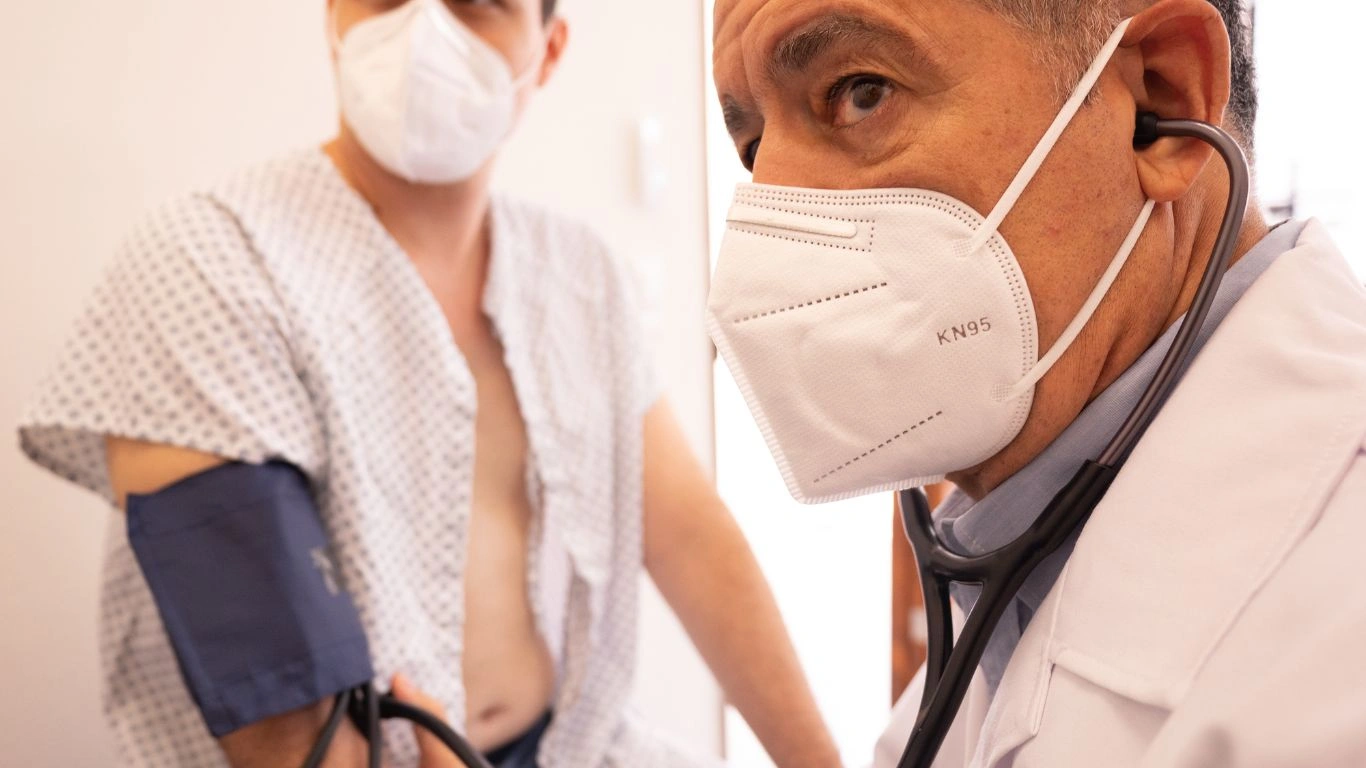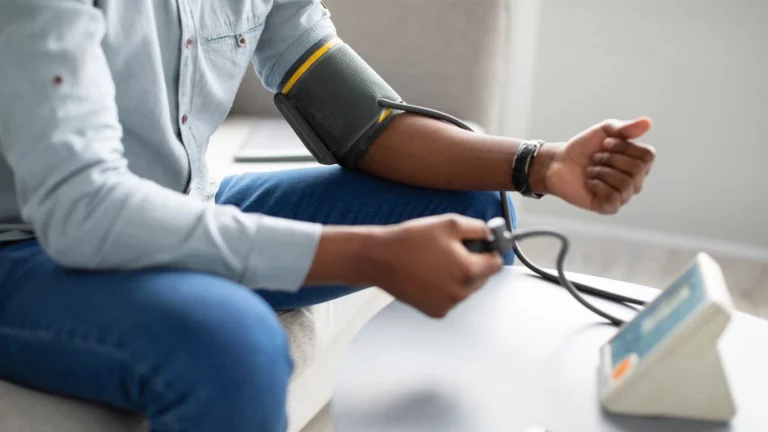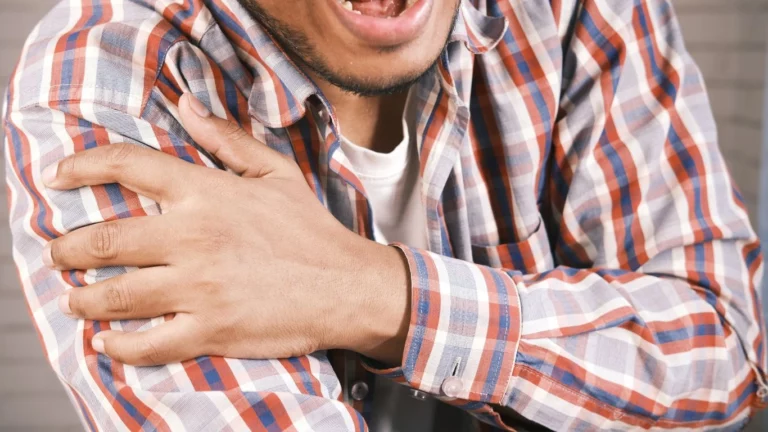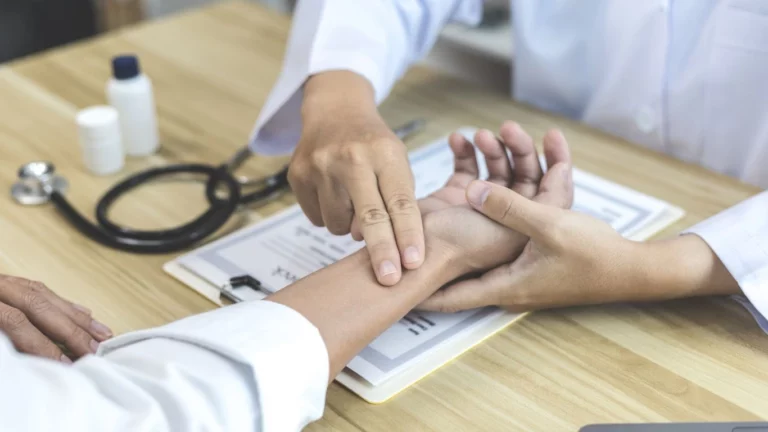High Blood Pressure & Stress: A Dangerous Cycle You Must Break
We’ve all been there—you’re going about your day when suddenly, your heart starts pounding, your head feels like it’s in a vice, and a wave of dizziness washes over you. Yep, that’s a blood pressure spike. It’s alarming, sometimes downright scary, but knowing what to do during an episode can make all the difference. As a hypertension expert, I’ve seen this happen to many patients, and even I’ve had a few unexpected spikes myself. So, let’s break down what’s happening in your body and, more importantly, how to handle it.
Understanding Blood Pressure Spikes
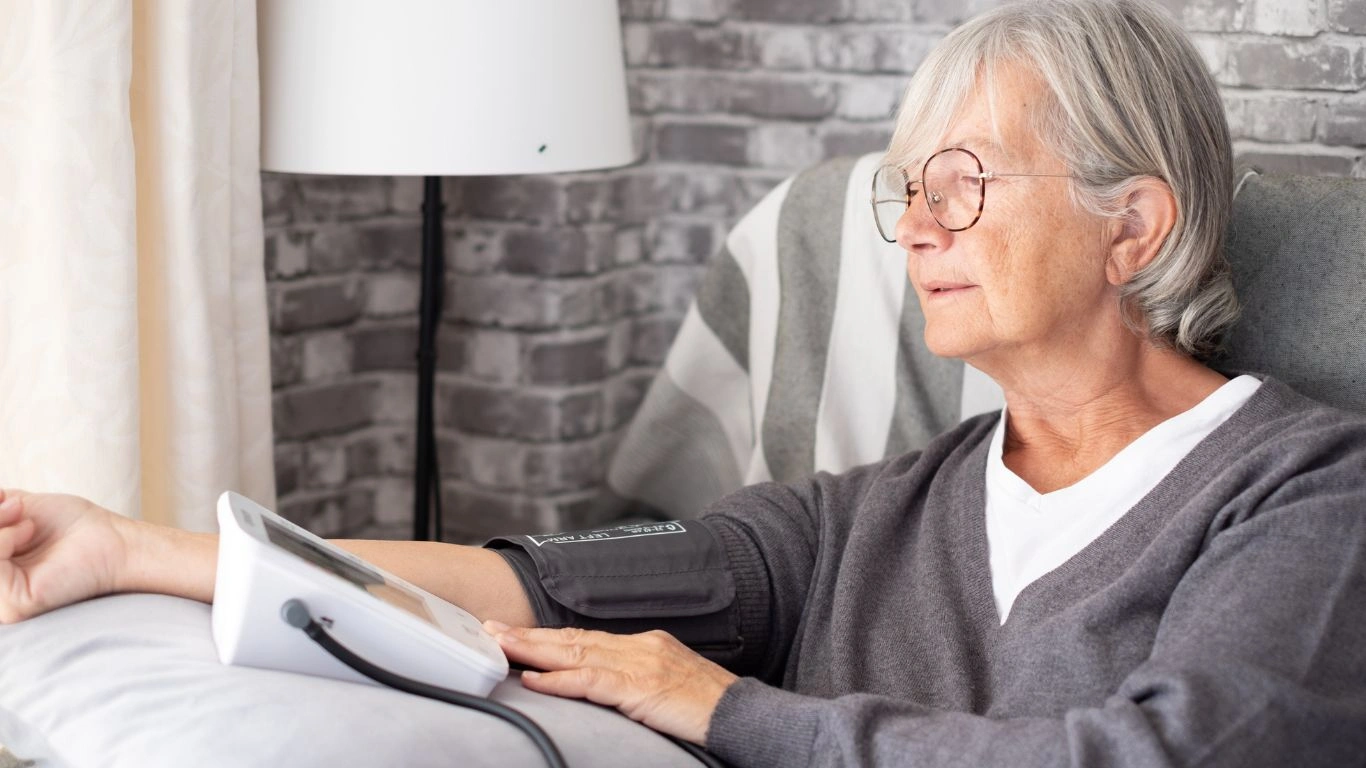
Before we dive into solutions, let’s get a quick grasp on what a blood pressure spike actually is. Your blood pressure isn’t static—it fluctuates throughout the day. But when it suddenly shoots up beyond normal levels (think 180/120 mmHg or higher), that’s when you need to pay attention.
Common Causes of Sudden Spikes
Blood pressure spikes can be triggered by various factors, some of which you might not even realize are affecting you. Here are some of the most common culprits:
- Stress and Anxiety: Ever had a rough day and felt your chest tighten? Emotional stress can send your blood pressure soaring.
- Caffeine Overload: That extra cup of coffee or energy drink could be pushing your BP higher than you think.
- Medication Side Effects: Some decongestants, birth control pills, and even pain relievers can cause sudden spikes.
- High-Sodium Meals: Ever eaten a salty meal and felt your heart race afterward? Sodium retains water, which increases blood pressure.
- Chronic Conditions: If you have kidney disease, diabetes, or sleep apnea, your risk of sudden spikes is higher.
Blood Pressure Spikes: What to Do During an Episode

When your blood pressure suddenly skyrockets, the last thing you want to do is panic—because that just makes it worse. Instead, follow these steps to bring it back down safely:
1. Breathe and Stay Calm
First things first—don’t freak out. I know that’s easier said than done, but stress and fear can fuel the spike even more. Try this:
- Deep breathing: Inhale through your nose for four seconds, hold for four, and exhale for four.
- Progressive muscle relaxation: Tense and release different muscle groups to ease tension.
- Find a quiet spot: Sit down, close your eyes, and focus on slowing your heartbeat.
2. Check Your Blood Pressure
If you have a home monitor, now’s the time to use it. Write down your numbers and see if they continue climbing or start stabilizing. If your reading is dangerously high (above 180/120 mmHg) and you have symptoms like chest pain, shortness of breath, or blurry vision, call emergency services immediately.
3. Hydrate and Cool Down
Dehydration can contribute to blood pressure spikes, so sip on a glass of water. If you feel overheated, use a cold compress on your neck or wrists to help regulate your body temperature.
4. Try a Natural Remedy
Some quick natural remedies can help lower your BP:
- Slow, deep breathing: A simple 5-minute breathing exercise can significantly lower BP.
- Dark chocolate: A small piece of dark chocolate (70% cocoa or higher) may help relax blood vessels.
- Hibiscus tea: This herbal tea is known for its blood pressure-lowering effects.
When to Seek Medical Help

Most blood pressure spikes resolve on their own, but there are times when you should not wait it out. If you experience any of the following symptoms, seek emergency medical attention:
- Severe headache: Especially if it’s the worst you’ve ever had.
- Blurred vision or confusion: This could indicate a hypertensive crisis.
- Chest pain or shortness of breath: These could be signs of a heart attack.
- Seizures or loss of consciousness: A clear indicator of an emergency.
Long-Term Strategies to Prevent Blood Pressure Spikes

Now that we’ve covered what to do during an episode, let’s talk about the bigger picture—keeping those sudden blood pressure spikes from happening in the first place. I always tell my patients that prevention is way easier than dealing with a full-blown crisis. Trust me, a few lifestyle tweaks can make a massive difference.
1. Master Your Stress Levels
Stress is one of the biggest culprits behind sudden blood pressure spikes. Ever notice how your heart races when you’re running late or dealing with bad news? That’s your body’s fight-or-flight response, and it’s not doing your BP any favors.
Here are a few simple ways to keep stress from hijacking your blood pressure:
- Meditation & Deep Breathing: A few minutes of mindfulness each day can lower stress hormones.
- Regular Exercise: It’s not just for weight loss—physical activity is a powerful stress reliever.
- Prioritize Sleep: A good night’s rest helps regulate cortisol (the stress hormone that can spike BP).
- Cut Down on Stimulants: Too much caffeine or nicotine can keep your nervous system in overdrive.
2. Watch Your Diet Like a Hawk
Food plays a huge role in blood pressure control. I’ve seen patients go from dangerously high readings to normal levels just by changing their diet. So, what should you be eating (and avoiding)?
Foods that help keep blood pressure stable:
- Leafy greens: Packed with potassium, which helps balance sodium levels.
- Berries: Full of antioxidants that improve blood vessel function.
- Oatmeal: High in fiber and keeps blood pressure steady.
- Beets: Contain nitrates that help relax blood vessels.
- Fatty fish: Rich in omega-3s, which lower inflammation and BP.
Foods to avoid:
- Processed & fast food: Usually loaded with sodium and unhealthy fats.
- Excessive salt: Hidden in canned soups, sauces, and even bread.
- Sugary drinks: Can lead to weight gain and insulin resistance, both of which impact BP.
Blood Pressure Spikes & Hidden Triggers
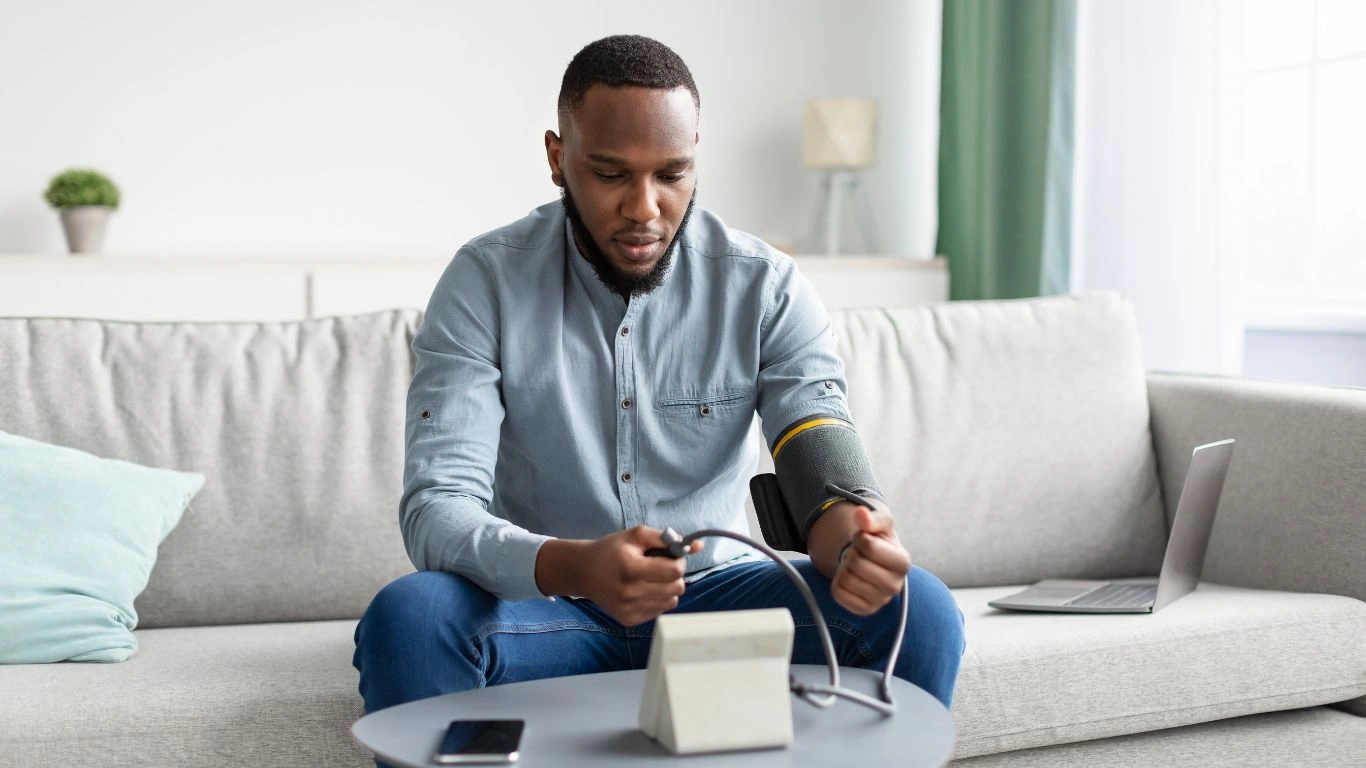
Even when you think you’re doing everything right, blood pressure spikes can still sneak up on you. Over the years, I’ve noticed some unexpected triggers that often go overlooked.
1. Dehydration
You’d be surprised how many people walk around dehydrated without realizing it. When you don’t drink enough water, your blood vessels constrict, which can send your BP soaring.
Simple fix: Aim for at least half your body weight in ounces of water daily. More if you’re active or live in a hot climate.
2. Weather Changes
Yes, the weather can mess with your blood pressure! Cold temperatures cause blood vessels to narrow, leading to higher BP. On the flip side, extreme heat can lead to dehydration, which can also cause spikes.
What to do: In cold weather, layer up and stay warm. In the heat, keep cool and drink plenty of fluids.
3. Over-the-Counter Medications
Common medications like decongestants, NSAIDs (like ibuprofen), and even some allergy meds can cause sudden BP increases.
Solution: If you have high blood pressure, always check with your doctor before taking new medications—even if they seem harmless.
4. Sleep Apnea
If you snore loudly, wake up gasping for air, or feel exhausted even after a full night’s sleep, you might have sleep apnea. This condition disrupts oxygen flow and puts strain on your heart, causing BP spikes.
Next step: If you suspect sleep apnea, get a sleep study done. Treating it can dramatically improve your blood pressure.
How Exercise Helps Prevent Blood Pressure Spikes

Staying active is one of the best ways to prevent sudden blood pressure spikes. But before you think you need to become a marathon runner—relax! You don’t need to go all out. Even moderate activity can make a difference.
Best Exercises for Blood Pressure Control
Some workouts are particularly effective at keeping BP stable. Here are my top picks:
- Walking: Just 30 minutes a day can lower BP significantly.
- Swimming: Low impact but great for cardiovascular health.
- Strength training: Helps improve circulation and heart function.
- Yoga: Combines relaxation with gentle movement to lower stress and BP.
Consistency is key. Aim for at least 150 minutes of moderate exercise per week. If that sounds like too much, start small—even a 10-minute walk can help.
Case Studies & Real-Life Examples

Hearing real-life success stories can be incredibly motivating, especially when it comes to managing high blood pressure. I’ve seen patients completely turn things around by making small but consistent changes. Let me share a couple of cases that stand out.
Case 1: John’s Wake-Up Call
John, a 52-year-old businessman, had been ignoring his high blood pressure for years. His stressful job, lack of exercise, and love for salty foods finally caught up to him when he experienced a sudden spike in BP, leaving him dizzy and disoriented during a work presentation. A trip to the ER confirmed his numbers were dangerously high.
What changed? John took it seriously. He swapped processed foods for whole, nutrient-rich meals. He started walking every evening, aiming for 7,000 steps a day. Within three months, his BP readings dropped significantly, and his energy levels soared.
Case 2: Maria’s Struggle with Stress
Maria, a 45-year-old mother of two, never thought she’d have high blood pressure. She ate reasonably well, stayed active, and maintained a healthy weight. But life stressors—work, kids, aging parents—kept her in a constant state of anxiety. Her blood pressure would spike randomly, leaving her feeling overwhelmed and exhausted.
Her solution? Maria started daily meditation and deep breathing exercises. She also made time for herself—reading, gardening, and yoga became part of her routine. Within weeks, her stress levels decreased, and so did her blood pressure fluctuations.
Key Takeaways: What You Need to Remember
Let’s break it down into the most important points so you can walk away with actionable steps:
- Manage stress like a pro: Meditation, deep breathing, and self-care aren’t just trendy—they’re essential for stable BP.
- Eat with intention: A diet rich in potassium, fiber, and healthy fats can keep blood pressure in check.
- Hydration matters: Dehydration can cause sudden BP spikes—make water your best friend.
- Check your meds: Some over-the-counter drugs can silently increase blood pressure. Always read labels.
- Get moving: Consistency is key—whether it’s walking, swimming, or yoga, regular activity is a BP lifesaver.
- Don’t ignore symptoms: If you feel dizzy, lightheaded, or experience headaches often, check your blood pressure!
FAQs
1. Can stress alone cause high blood pressure?
Yes, chronic stress can contribute to high blood pressure by keeping your body in a constant state of “fight or flight.” This increases cortisol levels, which can lead to long-term blood vessel damage.
2. How quickly can lifestyle changes impact blood pressure?
Some people see improvements within weeks, while for others, it may take a few months. The key is consistency—small changes add up over time.
3. Are blood pressure spikes dangerous if they don’t last long?
Even short-lived spikes can put strain on your heart and blood vessels, increasing the risk of long-term damage. It’s always best to address the root cause.
4. Can certain foods immediately lower blood pressure?
Yes! Foods like bananas, beets, dark chocolate, and leafy greens can help lower blood pressure naturally, especially when consumed regularly.
Bonus: Additional Resources or DIY Tips
Want to take control of your blood pressure even further? Here are some additional resources and easy DIY tips:
- Try a BP tracking app: Apps like Heart.org can help you monitor patterns.
- DIY herbal teas: Hibiscus tea and garlic-infused water are natural BP regulators.
- Guided meditation videos: Check out YouTube for free relaxation sessions designed to lower stress.
- Daily stretching routine: Simple stretches can help improve circulation and reduce tension.
Appendix: Table, References, Disclaimer, and Call to Action
Blood Pressure Categories
| Category | Systolic (mmHg) | Diastolic (mmHg) |
|---|---|---|
| Normal | Less than 120 | Less than 80 |
| Elevated | 120-129 | Less than 80 |
| High BP (Stage 1) | 130-139 | 80-89 |
| High BP (Stage 2) | 140 or higher | 90 or higher |
References
Disclaimer
The information in this article is for educational purposes only and should not replace medical advice. Always consult your doctor for personalized health recommendations.
Call to Action
Want to stay in control of your blood pressure? Start tracking your numbers, make small changes daily, and don’t ignore the warning signs! Share this article with friends and family—because heart health matters. 💙

Dr. Gwenna Aazee is a board-certified Internal Medicine Physician with a special focus on hypertension management, chronic disease prevention, and patient education. With years of experience in both clinical practice and medical writing, she’s passionate about turning evidence-based medicine into accessible, actionable advice. Through her work at Healthusias.com, Dr. Aazee empowers readers to take charge of their health with confidence and clarity. Off the clock, she enjoys deep dives into nutrition research, long walks with her rescue pup, and simplifying medical jargon one article at a time.

